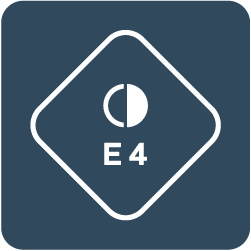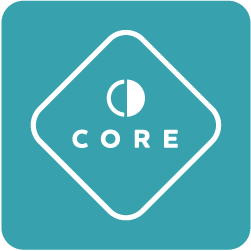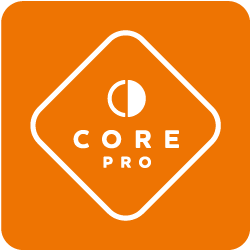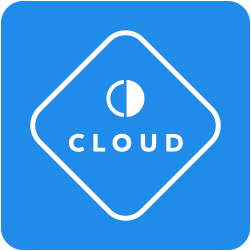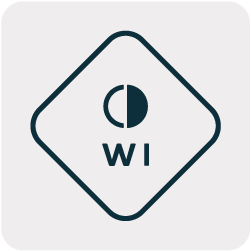
Chatbots have been a common buzzword in the news in recent years; but what exactly is a chatbot? Chatbots or ‘automated conversational agents’ are computer programs which use natural language processing to simulate human conversations. They have been around since the 1960s, with Eliza being one of the earliest. Created by Joseph Weizenbaum, Eliza parodies a Rogerian therapist, largely by rephrasing many of the patient’s statements as questions and posing them to the patient.
The evolution of chatbot intelligence, with increasing use of conversational interfaces powered by AI, are allowing companies to see the true potential of automated conversation at scale. In some industries, chatbots are beginning to take over from the more traditional communication of email, SMS and push notifications with customers. However, they are not meant to replace humans, but simply bridge the gap between companies and customers.
It’s easy to see the success that B2C companies such as Starbucks and Dominos have had with chatbots, but how do these success stories translate in the recruitment and staffing industry? Let’s see how recruitment agencies or talent acquisition functions could utilise chatbots to increase the candidate experience and maximise efficiencies.
What Are The Benefits Of Chatbots In Recruitment?
1. Increased Candidate Experience
The use of chatbots in messaging apps such as Facebook Messenger, WhatsApp (when released in 2018) or text provides 24/7 support to candidates due to the ‘instant’ nature of a chatbot. Studies have shown that 74% of candidates do not complete the full application process, so consider the benefits of a recruitment chatbot that will nudge or remind the candidate that they have not yet completed their application. Once an application is submitted, 43% of candidates reported they never hear back from a company after one touch-point, which can be a challenge for recruitment agencies or staffing functions facilitating volume recruitment.
The advances made in natural language processing means that it is possible for a chatbot to give ‘human’ responses to questions, improving the candidate experience. You can see this in the software developed by companies such as Mya, who have already developed a chatbot specifically for recruitment.
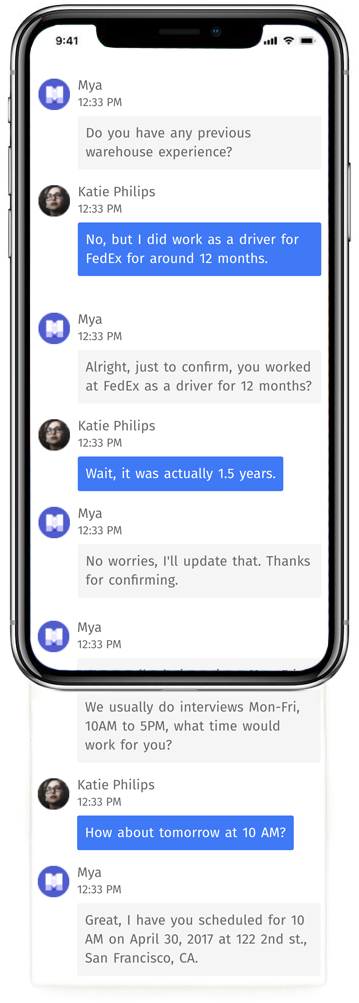 Image credit: Hire Mya
Image credit: Hire Mya
2. Processing High Volume Administrative Or Repetitive Tasks
From eCommerce to professional services to recruitment, the time-saving benefits of using chatbots for customer engagement is tenfold. Chatbots are able to automate high volume administrative or repetitive tasks that would ordinarily take up a significant amount of time, leaving recruiters with more time to connect with candidates on other aspects of the recruitment process.
In a survey conducted by Allegis, 58% of candidates were comfortable interacting with AI and chatbots in the early stages of the application process. An even larger percentage – 66% – were comfortable with AI and chatbots taking care of interview scheduling and preparation.
Chatbots are currently being used by recruitment agencies or talent acquisition functions for:
- Reminding candidates when an application has not been finished, or if it has been incorrectly completed.
- Ranking candidate applications/CVs.
- Clarifying a candidate’s experience or qualifications for an applied job.
- Answering FAQs about an applied job or the application process.
- Scheduling interviews.
It is, however, important to note that while the above features could certainly streamline recruitment processes in ways that have not been possible before, this does not dictate that chatbots will replace recruiters themselves.
What Are The Challenges For Chatbots In Recruitment?
It’s clear to see the benefits that using a chatbot for recruitment could bring, but what challenges can the recruitment industry expect to face when developing a chatbot?
1. A Lack Of Humanness
Due to the limitations of a chatbot only processing and generating questions and answers, there are still improvements to be made in how seamlessly they can interact with real people.
While candidates may be happy to interact with chatbots as part of the application process, a chatbot should not be used where ‘human empathy or questioning’ within the recruitment process is required.
2. Standardisation Of Language
Even in day-to-day written communication between a recruiter and candidate, the ‘standardisation of language’ is required to ensure the information being provided is professional and will be understood by both parties,
Because we all have different ways of texting (including slang, short form or emoji), a chatbot will utilise its knowledge gained from previous interactions or refer the conversation over to a recruiter when it gets stuck.
3. Problem Solving Capability
Chatbots are programmed to ‘learn’ responses based on previous interactions, which naturally means that they are not capable of solving new problems as they arise. A candidate’s reaction to the technology will likely largely depend on how well the chatbot tried to answer the question, or when they refer the conversation to a recruiter to answer or solve.
As you can see, using a chatbot powered by AI can certainly be a valuable way to automate high volume and repetitive tasks within the recruitment process, especially during the application/candidate qualification stages, whilst providing a round-the-clock service to candidates.
However, as with any new technology, chatbots will continue to evolve with the power of AI as it becomes more sophisticated with overcoming some of the challenges outlined above. In fact, our recent survey of recruitment professionals found that only 5.6% of UK & Ireland agencies are considering investing in AI/machine learning in 2018. The question is, could there be no better time to start investing in chatbots, especially where basic administrative tasks and candidate engagement could be easily handled by a chatbot?
Learn more in our free UK and Ireland recruitment industry and technology trends for 2018 eBook.
